Brand Building - Post-pandemic and beyond
Brand Building - Post-pandemic and beyond
Covid-19 pandemic has impacted the lifestyle of people massively. Such change in habits has in turn influenced the purchasing habits of people. All modern age companies are now evaluating these issues and revamping their brand building tactics. To maintain their position in the race, marketers have to keep up with these advancements. In this article, let’s understand how the new age digital world is affecting the marketing strategies.
What is Brand Building?
Brand Building is one such component of marketing which actually is a very broad concept. Brand building could be aimed with the purpose of creating awareness for the products or services, establishing strong relations with target audiences or placing themselves in the market.
Brand building is a never ending process. Even Tata and Reliance, tier one companies, have to maintain and innovate strategies for their marketing. It starts at day one with designing the logo of the brand and creating a tagline and continues till the company ceases to exist.
Since the 70s, there hasn’t been much drastic marketing evolution. However, all this took an unexpected modification when due to no offline presence in pandemic, marketers had no option but to think out of the box for new brand building techniques. Thus begin the lasting advancements in experimental marketing and brand building.
The Transformation of Experimental Marketing:
According to a survey, 93% of event marketers plan to invest in virtual events moving forward.
And why is that?
Experimental marketing, which traditionally relied on physical events and immersive experiences, faced unprecedented challenges during the pandemic. Brands had to find new ways to engage consumers in a contactless world. As a result, virtual events and experiential campaigns gained momentum. For instance, beauty brands organized virtual makeup tutorials and skincare consultations, offering personalized experiences in the comfort of customers' homes.
Evolution of Digital marketing
It has become even more prominent in the wake of COVID-19. With people spending more time online, brands have ramped up their digital presence to reach and engage with their target audience. Social media platforms, search engine optimization, and content marketing have proven to be effective tools in connecting with consumers during these challenging times.
Consumers are active than ever before. They are observing and even questioning the actions of the companies. No more is it about what all freebies companies provide rather are they actually delivering their promises.
Brands are now shifting their approach with action oriented branding rather than using just taglines or jargons. For an example, Nike started Nike's "Play Inside, Play for the World" campaign in respective of their ‘Just do it’ tagline, encouraging people to stay active at home through digital workout classes and challenges. The campaign garnered significant online engagement and reinforced Nike's commitment to supporting customers' well-being during the pandemic.
Influencer-Driven Experiences:
Influencers, with their large online following and ability to connect with niche audiences, have become instrumental in driving experiential marketing. Brands are partnering with influencers to create unique experiences that align with their brand values and resonate with their target audience. Influencers act as brand ambassadors, amplifying the message and elevating the overall experience.
Airbnb collaborated with travel influencers to curate "Airbnb Experiences," where hosts offer personalized tours and activities in their respective cities. These experiences allow travelers to explore local culture and hidden gems, adding a personal touch to their trips. By leveraging the influence of popular content creators, Airbnb enhances its experiential marketing efforts and attracts adventurous travelers.
Customized Experiences:
As brands strive to provide a more consumer-centric approach, they have recognized the importance of offering personalized experiences that resonate on an individual level.
In the past, experiential marketing often revolved around large-scale events and activations that aimed to engage a broad audience. However, the current emphasis on consumer experience has prompted brands to tailor their experiences to the preferences and needs of individual customers. This customization creates a deeper level of engagement, fostering a sense of exclusivity and making consumers feel valued.
Brands now recognize the importance of building emotional connections and delivering exceptional customer service. Personalization, convenience, and seamless interactions across various touch points have become critical in winning and retaining customers.
Starbucks introduced its mobile ordering and payment app, allowing customers to order and pay ahead for their favorite drinks. This enhanced convenience and personalized experience catered to consumers' desire for contactless transactions and minimized wait times.
What Consumers are looking for?
Consumers are increasingly becoming aware now. They want to be associated with brands that are eco-friendly and acknowledge their social responsibility. There is no more such thing as ‘Loyal Customers’. If some other company is delivering the needs and requirements of the consumer, they will start buying from them. So what to expect and what to promise is the question?
The Rise of Sustainable Marketing:
As consumers become more socially and environmentally conscious, sustainability has emerged as a crucial factor influencing brand preferences. Customers now expect brands to adopt sustainable practices, reduce their carbon footprint, and prioritize ethical sourcing and manufacturing. Brands that embrace sustainability in their marketing efforts resonate strongly with these new-age customers.
Consumers are keenly interested in understanding how brands source and produce their products. They value transparency and expect companies to prioritize ethical practices throughout their supply chains. This includes responsible sourcing of raw materials, fair labor conditions, and minimizing environmental harm during production.
When purchasing clothing, consumers may seek out brands that use organic or sustainably sourced materials, avoid harmful chemicals, and prioritize fair trade labor practices. By supporting brands with transparent and ethical sourcing and production, consumers feel that they are contributing to positive change and promoting sustainability.
The above analysis by Mckinsey and Company is an apt representation of how the marketing is a victim to the technological era, especially for B2B companies.
Hence, in conclusion, either you understand what your audience is demanding or you lose them to your competitors! Consumer experience is more valuable than ever before. They will stay if you keep them excited and this indeed, is the post pandemic mantra for Brand Building.
Authored by Mr.Prateek N kumar - CEO & Founder,Neoniche Integrated Solutions.




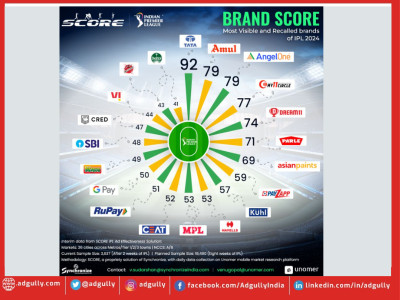
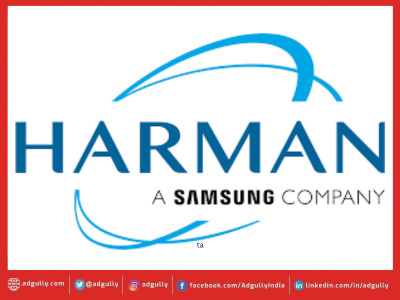
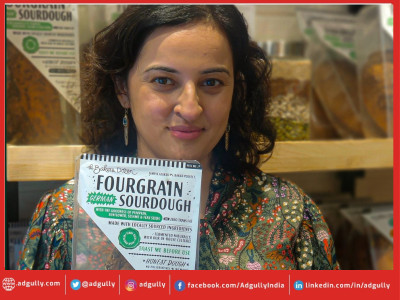


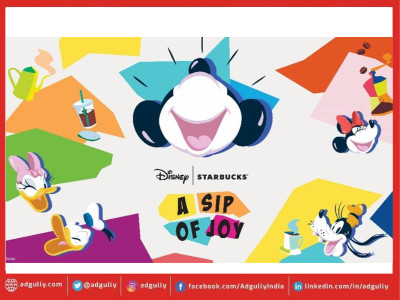





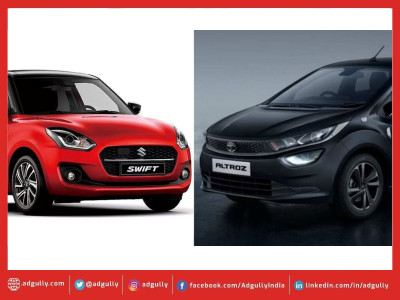


Share
Facebook
YouTube
Tweet
Twitter
LinkedIn